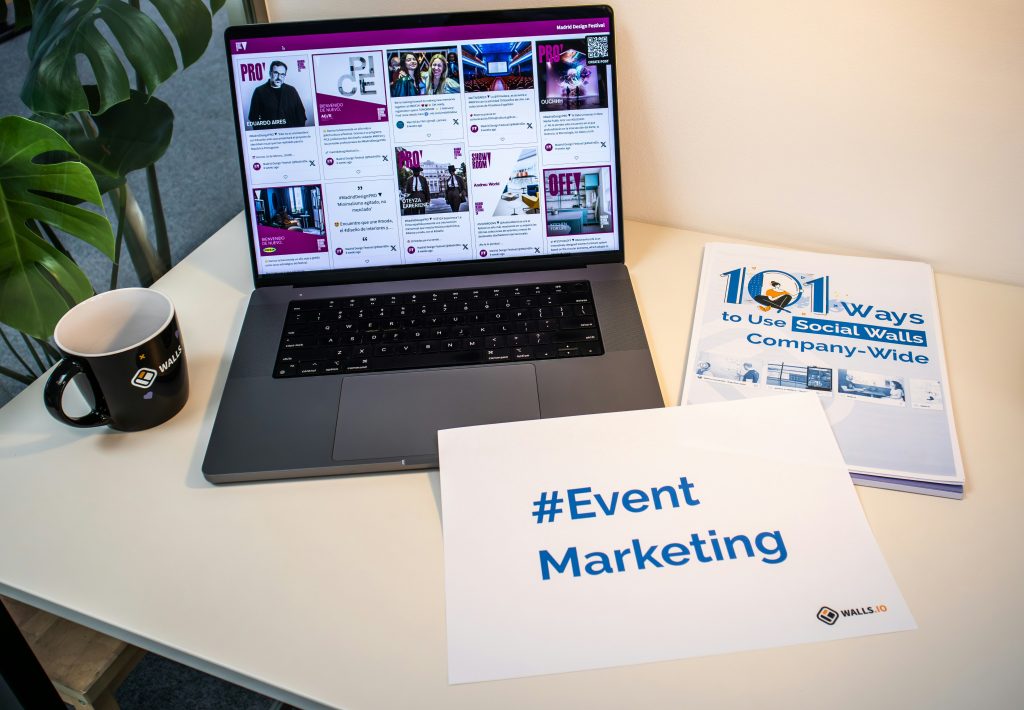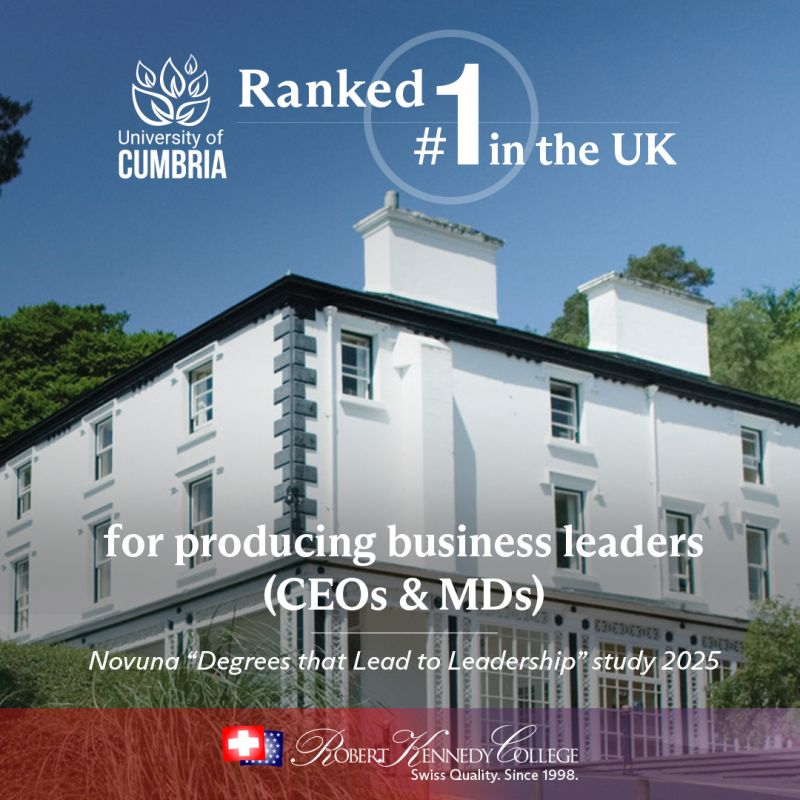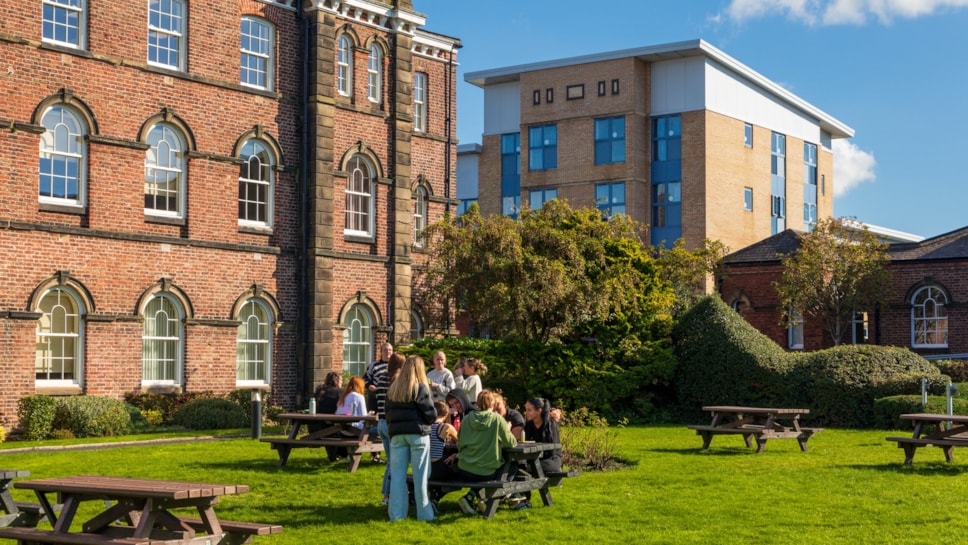In today’s hyper-connected world, digital marketing has become a cornerstone of business strategy. With smartphones in every pocket and algorithms influencing nearly every purchase decision, marketing professionals must evolve to stay competitive. For those seeking a dynamic, future-oriented qualification, the MBA in Digital Marketing offered by Robert Kennedy College (RKC) in exclusive partnership with the University of Cumbria presents an ideal path forward.
This program offers working professionals and global learners the opportunity to gain cutting-edge knowledge and strategic expertise—delivered entirely online for maximum flexibility.
The Digital Marketing Landscape Is Rapidly Evolving — Are You?
The digital marketing field is continuously shaped by technological advancements and changing consumer behavior. From AI-driven personalization to data ethics and social commerce, staying current is not just beneficial—it’s essential.
Here’s how the RKC MBA in Digital Marketing helps you master today’s most pressing trends:
1. AI and Marketing Automation
AI tools like ChatGPT, predictive analytics, and programmatic advertising are revolutionizing how brands interact with consumers.

You’ll Learn:
- How automation enhances customer targeting and content delivery through the Digital Marketing Communicationsmodule.
- How to incorporate technology-driven insights into strategic campaigns in the Marketing Strategy module.
2. Data-Driven Decision Making
Modern marketing relies on analytics, not assumptions. Businesses demand real-time tracking and measurable ROI.
You’ll Learn:

- To conduct and apply market research using data through the Marketing Research module.
- To turn customer insights into actionable strategies that drive business outcomes.
3. Social Media as a Sales Channel
Platforms like TikTok and Instagram have evolved beyond brand awareness—they now facilitate direct commerce.
You’ll Learn:
- Strategies for content creation, influencer partnerships, and customer engagement in the Digital and Social Media Marketing module.


4. Privacy, Ethics & Consumer Trust
Transparency is non-negotiable. As data privacy concerns rise, so does the importance of ethical marketing.
You’ll Learn:

- Responsible marketing, GDPR compliance, and trust-building techniques through the Contemporary Marketingmodule.
5. Personalized Customer Experiences
Consumers now expect tailored interactions across their digital journey.

You’ll Learn:
- Tools like customer journey mapping and segmentation to deliver seamless, personalized experiences.
Why Choose the RKC–University of Cumbria MBA?
Designed for working professionals, the program is 100% online, offering unmatched flexibility without compromising academic rigor. Here’s what makes it stand out:
- A prestigious British degree from a globally recognized institution
- Flexible learning model compatible with full-time employment
- Strategic leadership development
- Hands-on exposure to digital marketing tools and frameworks
- A global peer network and industry-relevant capstone project
Who Should Apply?

This program is ideal for:
- Marketing professionals aspiring to leadership roles
- Entrepreneurs growing their businesses through digital channels
- Tech professionals pivoting into marketing
- International students seeking flexible, world-class education
- Managers aiming to embed digital strategies into their operations
Take the Leap — The Future Is Digital
Digital marketing is no longer just a business function; it’s a strategic imperative. Whether you’re targeting a senior marketing role, launching your own venture, or upskilling to stay ahead in your current role, this MBA equips you with the knowledge, tools, and confidence to lead.
The RKC–University of Cumbria MBA in Digital Marketing doesn’t just future-proof your career—it empowers you to shape the future of marketing itself.
🌐 Applications are now open. Take charge of your professional growth today—because the future doesn’t wait. And neither should you.

































